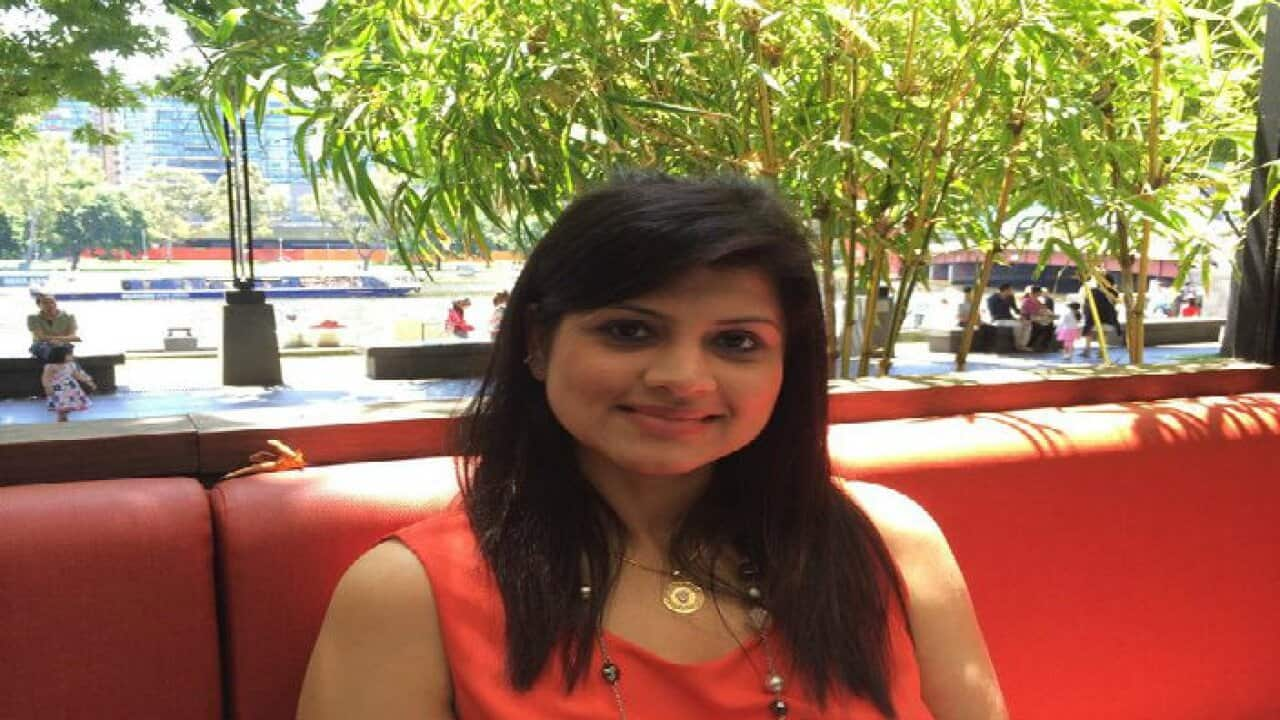Dr. Sarika Sewalramani from Monash University says that her Ph.D study has shown that due to the immigrant parents' high expectations and cultural values and the lack of understanding about the Australian Educational System their beliefs, values, and culture influence their children's subject choices and career paths and could put them at risk. The reasons, says Dr. Sarika, due to barriers like language, work, cultural expectation, career aspiration, different education system, high expectation, cultural values, settling issues that drive this trend.
However, her research recommends that we could collaborate with educational centers, parents, students and career counselors to make the most about their subject choices during the open day, so students can pursue their education and their career paths in order to avoid risks of failing the STEM subjects or risk their future career paths. Dr. Sewalramani says that there are other alternative choices like taking substitute math like general mathematics or Mathematics A or general science classes can also help their children to get into a particular field that they want to pursue i.e doctors, lawyers, engineer, scientists, etc.
The way we mold and encourage our kids since they are very young is also very significant in order to attract them to interest in STEM subjects. Dr. Sewalramani says that the Australian National Science program is a crucial one. Parents can do this by reading science fiction books to their kids, participate in their kids' science projects, taking them to science festival or science center or taking their kids to any zoo if they want their kids to become a veterinarian.
Dr. Sarika Sewalramani has visited Finland to observe the Finnish Education System and she says its education is a play-based and phenomenon-based learning and less class size is the focus, kids' ideas are respected and critical thinking and creativity and innovation are also promoted so they can learn in a very proactive environment.
She says that she is very keen to see the difference between the Finnish Education System and the Australian NAPLAN system which focus mainly on numeracy, and literacy.
However, she says that by respecting immigrant children's decision and the subjects that they are doing well, while helping parents to understand Australian Education System tend to lower their expectation and let their children pursue whatever they love to do or they are good to pursue that goal, instead of forcing them to take on the STEM subjects that might fail their education and career paths that awaiting them.





